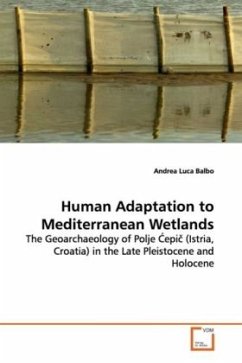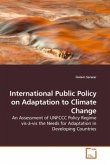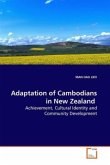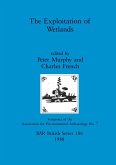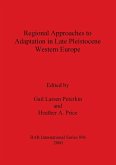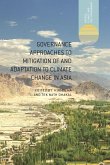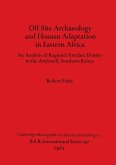This book focuses on Polje epi , a tectono-karstic
depression in central Istria (Croatia), which was
used as a case study area to investigate the
importance of Mediterranean wetlands to humans over
the past 25,000 years. Archaeological and
palaeoenvironmental data have been used in an
interdisciplinary geoarchaeological approach,
involving geomorphology, sediment core analysis,
archaeological survey and micromorphology. It emerges
that, under full glacial conditions, modern humans
adapted to life in open Mediterranean wetlands, such
as Polje epi ; from these refugia, they moved to
other regions during deglaciation. Later,
Mediterranean wetlands, with their year-round
availability of freshwater, contributed to the
adoption of similar land-use strategies among
hunting-fishing-gathering and agro-pastoral societies
in the Mediterranean area. Finally, intensified
agro-pastoral practices and engineering led to the
disappearanceof most Mediterranean wetlands by
siltation over the past 3000 years. This book is
intended for students, archaeologists, physical
geographers, and environmental scientists interested
in the Mediterranean region
depression in central Istria (Croatia), which was
used as a case study area to investigate the
importance of Mediterranean wetlands to humans over
the past 25,000 years. Archaeological and
palaeoenvironmental data have been used in an
interdisciplinary geoarchaeological approach,
involving geomorphology, sediment core analysis,
archaeological survey and micromorphology. It emerges
that, under full glacial conditions, modern humans
adapted to life in open Mediterranean wetlands, such
as Polje epi ; from these refugia, they moved to
other regions during deglaciation. Later,
Mediterranean wetlands, with their year-round
availability of freshwater, contributed to the
adoption of similar land-use strategies among
hunting-fishing-gathering and agro-pastoral societies
in the Mediterranean area. Finally, intensified
agro-pastoral practices and engineering led to the
disappearanceof most Mediterranean wetlands by
siltation over the past 3000 years. This book is
intended for students, archaeologists, physical
geographers, and environmental scientists interested
in the Mediterranean region

